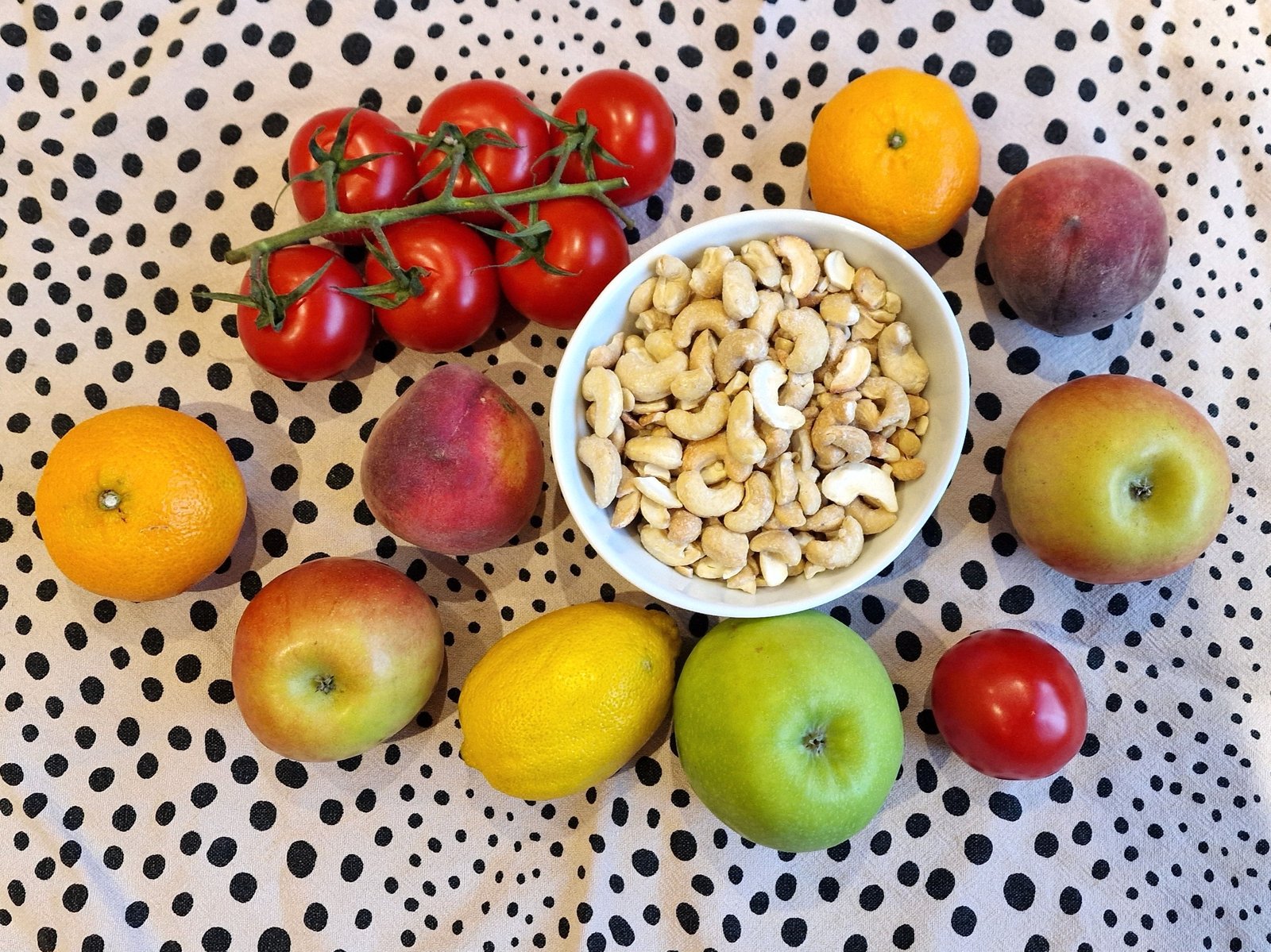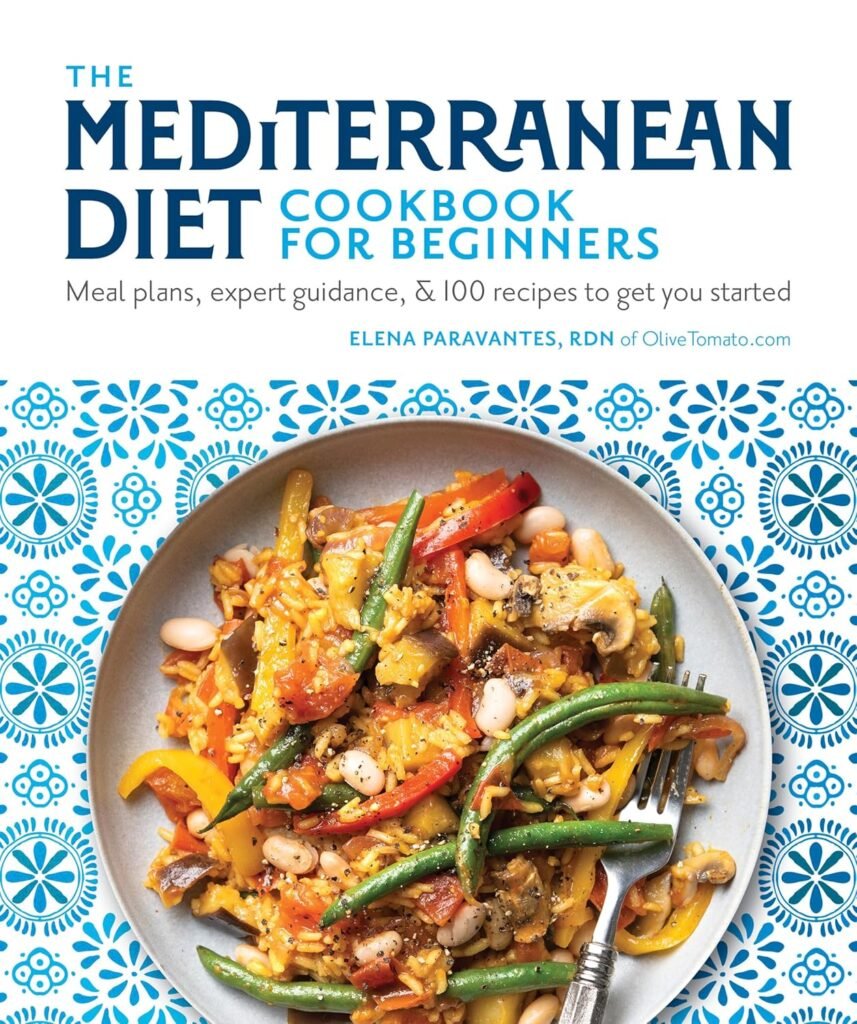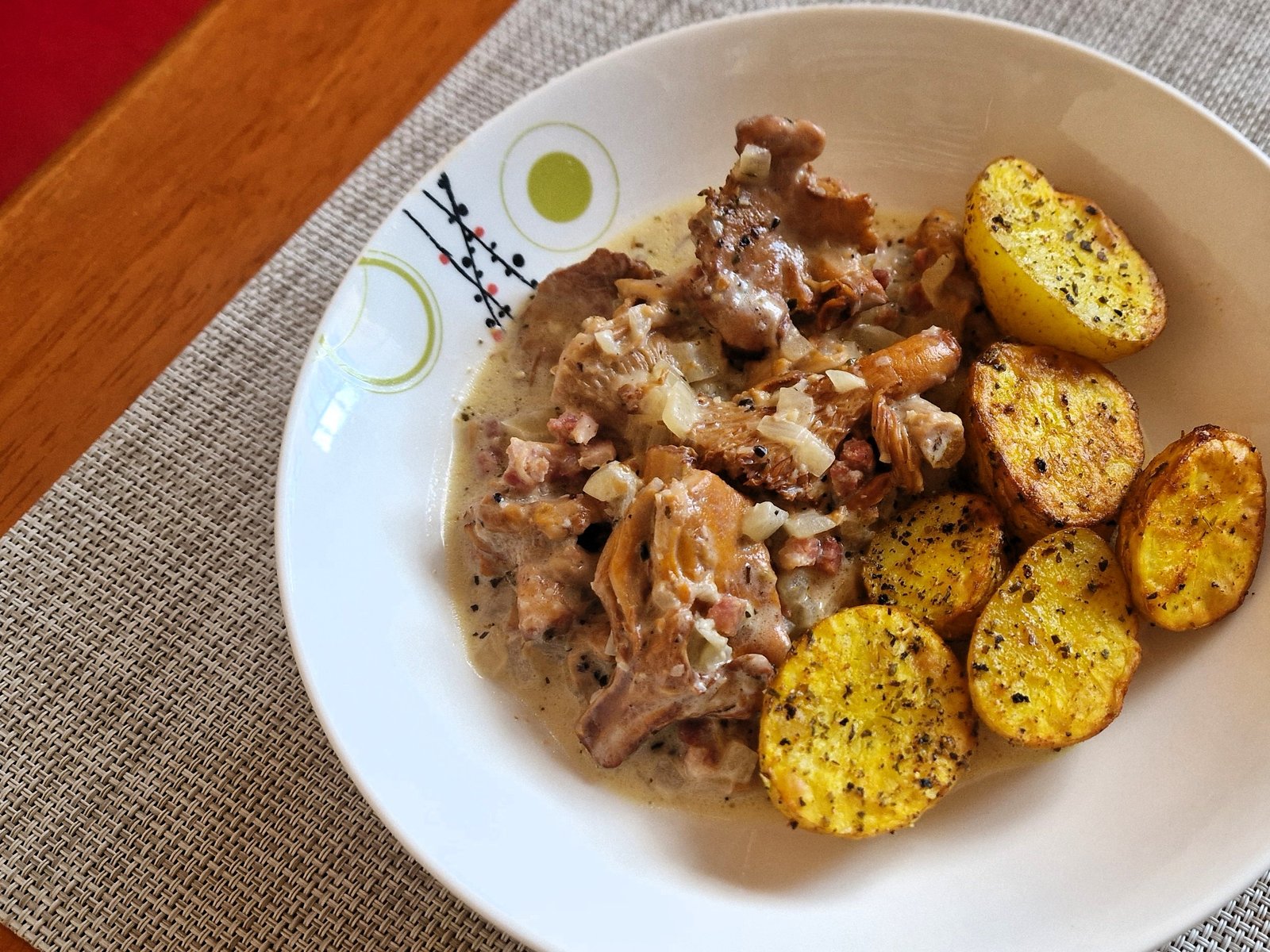Your cart is currently empty!

What is intermittent fasting?
Intermittent fasting is an eating pattern where you cycle between eating and fasting (abstaining from food). It does not really matter what you eat as much but it matters when. At the time of fasting no food is allowed, but you can drink water and very low calorie drinks like unsweetened tea or plain coffee.
Possible benefits of fasting
- Weight loss. Intermittent fasting may help lose weight as it leaves you with a shorter window to eat and the idea is that less calories will be consumed in that time. It is not always the case though, so the advise is to be mindful when eating and not consume too many calories. It does not mean you can feast on pizza and burgers, it is still important to try and eat healthy, otherwise you may not see many benefits of intermittent fasting.
- Heart health. Some studies have shown that intermittent fasting may improve cholesterol levels, lower blood pressure and reduce insulin resistance, all of which is extremely important for the heart and overall health.
- May lower inflammation. While a little inflammation can be a good thing when we hurt ourselves or our bodies are fighting infections, chronic inflammation can lead to various illnesses, such as autoimmune, cardiovascular diseases, even some cancers.
- Autophagy. To explain it as simple as I can, autophagy is the process of cleaning: body breaks down and recycles unneeded or dysfunctional cellular parts and replaces it with the healthy ones.
How does Intermittent fasting affect women?
Intermittent fasting has been around for hundreds of years and there is plenty of research on it, however we are only now starting to talk about how intermittent fasting affects women. While intermittent fasting can have a lot of the same benefits for women, there are a few things to keep in mind:
- Hormones. Fasting adds stress to our bodies and can easily impact levels of 2 very important hormones: estrogen and progesterone. When these 2 hormones take a dip, plenty of unwanted symptoms may start: headaches, irritability, hot flashes, dry skin and even reduced fertility. This is the main reason why women should be careful with intermittent fasting.
- Menopause. Because hormones don’t fluctuate that much after menopause, it can be a good time to try intermittent fasting and see if you can reap the benefits it offers.
- Intermittent fasting is not recommended if you are pregnant or breastfeeding.
- May increase hunger and lead to overeating and bingeing. Intermittent fasting is not recommended to anyone that has a history of eating disorders.
- Long term effects of intermittent fasting have not been researched well yet and there is conflicting research to whether fasting is healthy or not in the long run.
What are the types of Intermittent fasting?
There are plenty of different types of intermittent fasting, let’s take a look at the more popular ones:
- 16/8 method: This is the most popular and easiest to follow method. It involves fasting for 16 hours each day and limiting eating to an 8 hour window. For example, you might only eat between 12:00 pm and 8:00 pm, fasting for the remaining 16 hours.
- 5:2 diet: This type of intermittent fasting involves eating normally for 5 days of the week and restricting calorie intake to 500-600 calories for the remaining 2 days.
- Eat-Stop-Eat: This method requires fasting for a full 24 hours once or twice a week, for example, not eating from dinner one day until dinner the next day.
- Alternate-Day Fasting: As the name suggests, this type of fasting involves alternating between days of regular eating and fasting.
- Warrior Diet: This method involves consuming small amounts of raw fruits and vegetables during the day and having one large meal at night within a 4-hour eating window.
Should you try fasting?
My personal experience is that I can only fast for a few days after my cycle starts, after that I get badly bloated if I don’t eat on a regular basis. It may, however, work differently for you and it is okay if you would like to try it. Here are a few things to consider if you decide to try intermittent fasting:
- Best time to start fasting may be start of the cycle, 2-3 days after the period starts. The first 2 weeks are best and then it is advised to stop fasting for the next 2 weeks so that hormones are less affected.
- Start with a 12 hour window and go from there.
- Always check in with yourself on how you feel and if you think this is not working or you feel symptoms like bloating or mood changes, maybe it is not the right time to fast. Stressing yourself out will cancel out all benefits you may get anyway.
- If you are looking to lose weight, adopting a healthy diet may be your best bet.
- The most important thing to consider: if you have any health issues at all or if you are taking any medicine, please do not try fasting without discussing it with your doctor first.
Hello,
I’m Jurgita

Welcome to my cozy corner of the internet dedicated to Food and Wellbeing! I invite you to join me on an exciting journey of discovering new recipes and balance for healthier lifestyle.
Let’s connect!
Here are the books I recommend if you are interested in health and recipes!









Leave a Reply